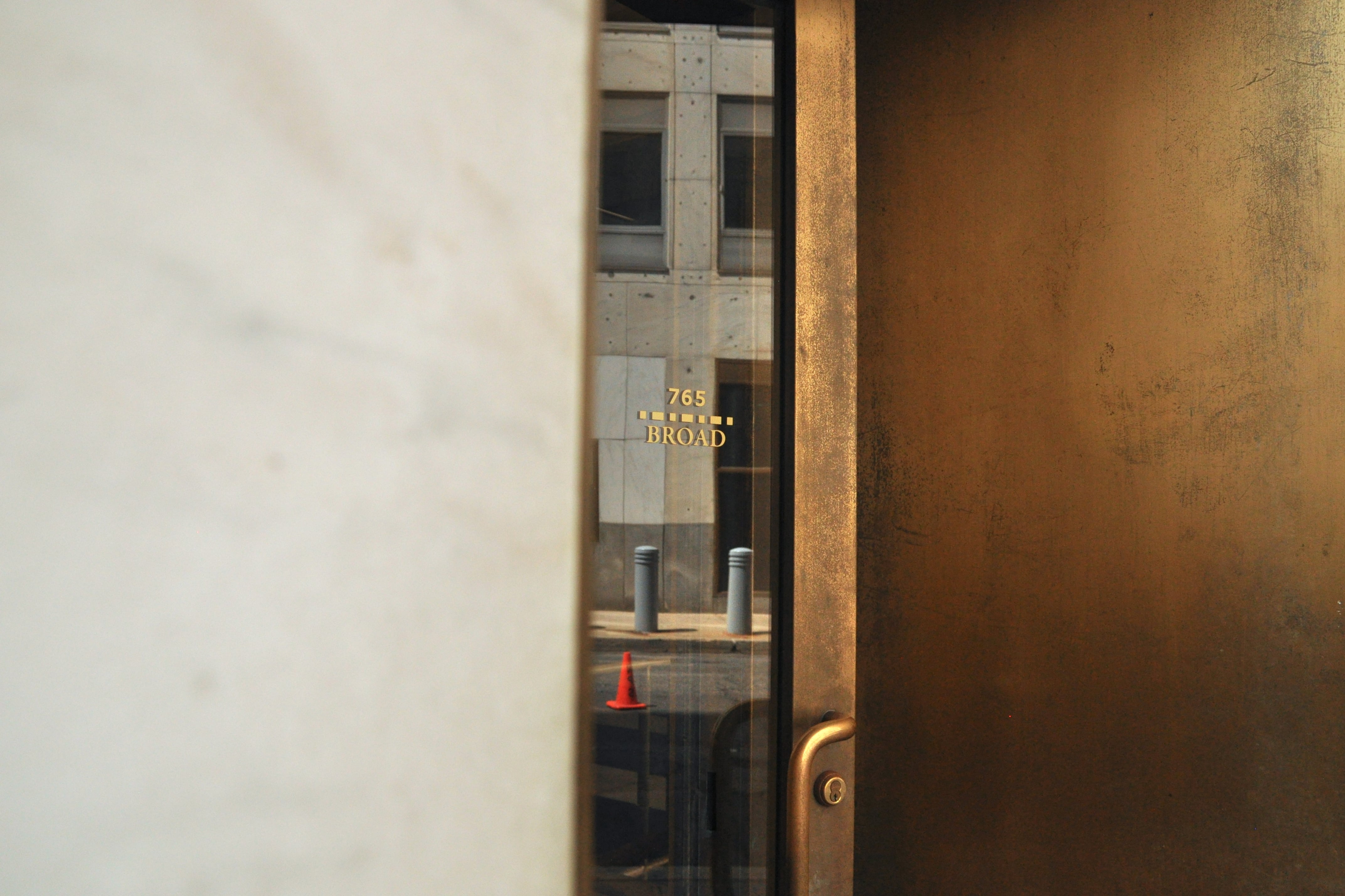Sign up for Chalkbeat Newark’s free newsletter to get the latest news about the city’s public school system delivered to your inbox.
Two years after being placed under interim review due to low standardized test scores, Newark Public Schools is meeting state standards, according to a New Jersey Board of Education certification this month.
Under the state’s evaluation system for public school districts, administered every three years, districts are deemed certified, or “high performing,” if they meet benchmarks in five areas: instruction and program, fiscal management, governance, operations, and personnel.
School districts are assessed using a 100-point scale to determine how well they’re meeting standards. Those who score below 80% in any category are placed under an interim review in which a state proxy evaluates the district every six months.
The state board of education certified Newark as being in compliance with state standards in the instruction and program area, a category that assesses state test scores, graduation rates, chronic absenteeism, and a district’s curriculum. The district was placed on the biannual interim review in 2023 after scoring below 80% in the instruction and program area. The district scored a 79 out of 100 in 2023, then dropped slightly to 77 out of 100 in 2024. Any score below 80% in any of the five areas requires an improvement plan with state oversight.
Under Newark’s improvement plan submitted last year, the district met its goal to raise state test scores in English language arts by at least 4 percentage points over 2023. But it fell short of its targets to raise math scores by at least 8 percentage points and science scores by at least 3 percentage points, based on state school performance reports. The district also met its goals to raise graduation rates between 1 and 1.5 percentage points and reduce chronic absenteeism by a minimum of half a percentage point from 2023, based on the state data.
Those modest increases were enough to lift the district out of interim review and earn the high-performing designation.
Although the designation signals a positive mark for the district, education experts have raised questions about the role the state’s evaluation system plays in measuring school performance and student achievement.
Mark Weber, an education policy analyst at New Jersey Policy Perspective, said the state reviews school performance but argues that those measures aren’t necessarily indicators of student achievement.
“There are lots of other things that influence student performance that are not judged by test scores,” Weber told Chalkbeat on Thursday. “We should, in my opinion, be more judicious about how we use these measures, especially when they have high stakes involved, and whether the district has autonomous control of its schools; that’s a high stakes question.”
Paul Brubaker, Newark Public Schools’ communications director, did not respond to a request for comment about this year’s state evaluation.
The state self-evaluation system, known as the New Jersey Quality Single Accountability Continuum, or NJQSAC, was established in 2005 to ensure accountability in school districts requiring state intervention. In 2017, Newark’s evaluation was vital in the state’s decision to initiate the district’s return to local control after it made “significant progress” and satisfied regulatory requirements of the monitoring system, according to the district’s 2017 transition plan for local control.
As part of the state’s evaluation process, districts must also submit their own performance review.
In 2022, Newark gave itself high scores in each area of the evaluation. That year, Superintendent Roger León said the board’s responsibility is to say “we’ve met 100 points,” meaning the highest level of performance the district can reach based on all five components of the state’s monitoring system.
In 2023, the last time Newark received a full evaluation, the district was tasked with proving student achievement to the state despite the effects of the pandemic and learning loss suffered during remote learning.
Many of the trends in Newark, such as students scoring lower in math than English language arts, echo those seen nationally as students continue to recover from the effects of the COVID-19 pandemic. In the spring of 2022, New Jersey students took the state standardized test for the first time since 2019 due to disruptions during remote learning.
León described 2022 scores as “horrible” at the time, citing passing rates of just 13% in math and 27% in English language arts for Newark students in grades 3 through 9. In 2023, students scored 15% in math and 29% in English language arts, and in 2024, 17.7% passed the math test and 31% passed the English language arts test. Although those scores improved by about two percentage points year over year, they still highlighted ongoing struggles among Newark students in math, reading, and science.
“We set these bars for quote, unquote proficiency, and you know, a student could be right below it or right above it. Are we really going to say that that’s the difference? Is that all that’s important?” Weber added.
In addition to scoring 80% on the instruction and program portion of this year’s state evaluation, Newark scored 100% in fiscal, governance, and operations areas, according to the state board of education. The district also scored a 97% in the personnel area.
In the 2025-26 school year, the district will get a full review under the state’s evaluation system. Each of the five areas used to evaluate districts is weighted and used to determine if a district is providing a “thorough and efficient education.”
State test results released last December also showed an overwhelming majority of students in the district are still struggling to perform on grade level in key subjects. Nearly 70% of students in grades 3-9 fell short of meeting literacy rates, around 82% did not meet math standards, and 93% of fifth graders were below grade level in science.
Jessie Gomez is a reporter for Chalkbeat Newark, covering public education in the city. Contact Jessie at jgomez@chalkbeat.org.





